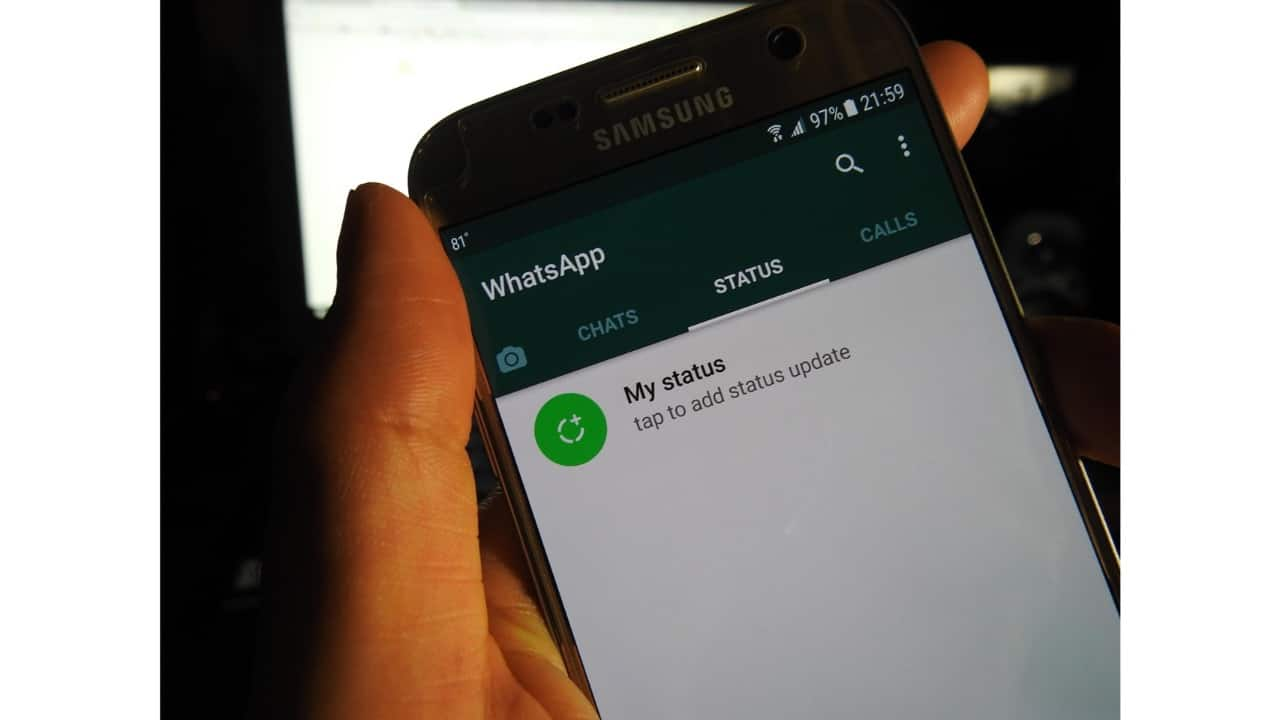7 WhatsApp mistakes that can get you account banned
7 WhatsApp mistakes that can get you account banned Excerpt (30 words) WhatsApp can suspend or ban accounts for repeated or serious violations. Here are seven common mistakes that risk removal, with clear steps to avoid each. Introduction WhatsApp enforces rules to protect users. Violations can lead to temporary suspension or permanent ban. Understanding what crosses the line helps you stay safe and keep using the service. Using unofficial or modified apps Third-party clients that mimic WhatsApp (or offer extra features) breach the company’s terms. These apps can expose your data and trigger automatic bans. Use the official app and keep it updated. Mass messaging and bulk forwarding Sending unsolicited bulk messages, broadcasts or chain messages to many contacts or groups can be treated as spam. Repeated bulk activity increases the chance of action. Limit forwards and avoid message blasting. Automated or bot-driven behavior Using automation tools, scripts or bots to send messages, add contacts, or join groups violates policies. Automation that looks like human interaction is closely monitored and can result in removal. Impersonation and fraudulent accounts Creating accounts that impersonate people, businesses or public figures to deceive others breaches rules. Fake profiles used for scams or misleading conduct are grounds for immediate banning. Harassment, threats and hateful content Sending threats, abusive messages, or content that promotes hate or violence is prohibited. Multiple reports from recipients strengthen enforcement and can lead to permanent suspension. Sharing illegal content or facilitation Using WhatsApp to distribute pirated material, illicit services, or to coordinate criminal activity is a serious violation. Lawful authorities may be involved and accounts will be disabled. Repeated community guideline violations after warnings Ignoring warnings or repeatedly breaking community rules—such as repeatedly sending prohibited content—shows willful noncompliance. WhatsApp escalates disciplinary action for repeat offenders.
1/7

Using unofficial or modified apps
Third-party clients that mimic WhatsApp (or offer extra features) breach the company’s terms. These apps can expose your data and trigger automatic bans. Use the official app and keep it updated.
Third-party clients that mimic WhatsApp (or offer extra features) breach the company’s terms. These apps can expose your data and trigger automatic bans. Use the official app and keep it updated.
2/7

Mass messaging and bulk forwarding
Sending unsolicited bulk messages, broadcasts or chain messages to many contacts or groups can be treated as spam. Repeated bulk activity increases the chance of action. Limit forwards and avoid message blasting.
Sending unsolicited bulk messages, broadcasts or chain messages to many contacts or groups can be treated as spam. Repeated bulk activity increases the chance of action. Limit forwards and avoid message blasting.
3/7

Automated or bot-driven behavior
Using automation tools, scripts or bots to send messages, add contacts, or join groups violates policies. Automation that looks like human interaction is closely monitored and can result in removal.
Using automation tools, scripts or bots to send messages, add contacts, or join groups violates policies. Automation that looks like human interaction is closely monitored and can result in removal.
4/7

Impersonation and fraudulent accounts
Creating accounts that impersonate people, businesses or public figures to deceive others breaches rules. Fake profiles used for scams or misleading conduct are grounds for immediate banning.
Creating accounts that impersonate people, businesses or public figures to deceive others breaches rules. Fake profiles used for scams or misleading conduct are grounds for immediate banning.
5/7

Harassment, threats and hateful content
Sending threats, abusive messages, or content that promotes hate or violence is prohibited. Multiple reports from recipients strengthen enforcement and can lead to permanent suspension.
Sending threats, abusive messages, or content that promotes hate or violence is prohibited. Multiple reports from recipients strengthen enforcement and can lead to permanent suspension.
6/7

Sharing illegal content or facilitation
Using WhatsApp to distribute pirated material, illicit services, or to coordinate criminal activity is a serious violation. Lawful authorities may be involved and accounts will be disabled.
Using WhatsApp to distribute pirated material, illicit services, or to coordinate criminal activity is a serious violation. Lawful authorities may be involved and accounts will be disabled.
7/7

Repeated community guideline violations after warnings
Ignoring warnings or repeatedly breaking community rules—such as repeatedly sending prohibited content—shows willful noncompliance. WhatsApp escalates disciplinary action for repeat offenders.
Ignoring warnings or repeatedly breaking community rules—such as repeatedly sending prohibited content—shows willful noncompliance. WhatsApp escalates disciplinary action for repeat offenders.
Discover the latest Business News, Budget 2025 News, Sensex, and Nifty updates. Obtain Personal Finance insights, tax queries, and expert opinions on Moneycontrol or download the Moneycontrol App to stay updated!






